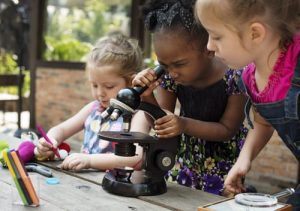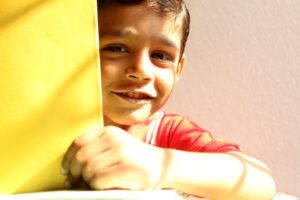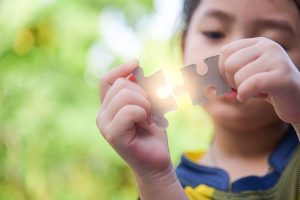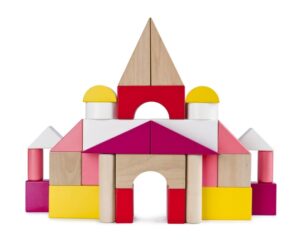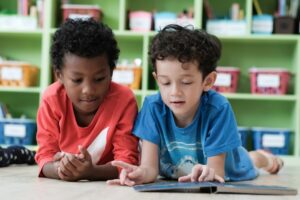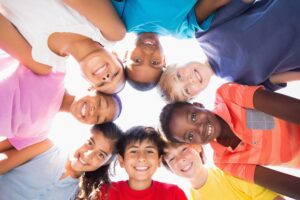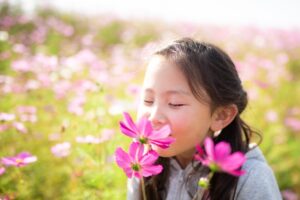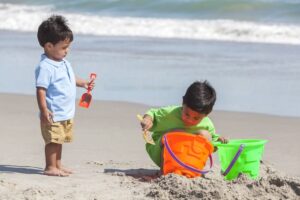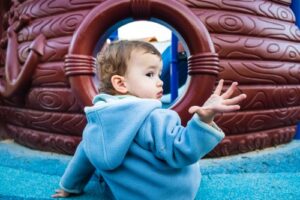Spaced learning: What’s the best schedule for children’s lessons?
What is the “spaced learning” effect? If your child needs to learn something — and you want that learning to stick — the best approach is to space learning sessions apart in time. A single, long lesson is usually less effective than multiple, shorter lessons. Moreover, the ideal duration of a lesson may be much briefer than we realize — particularly for young children.
